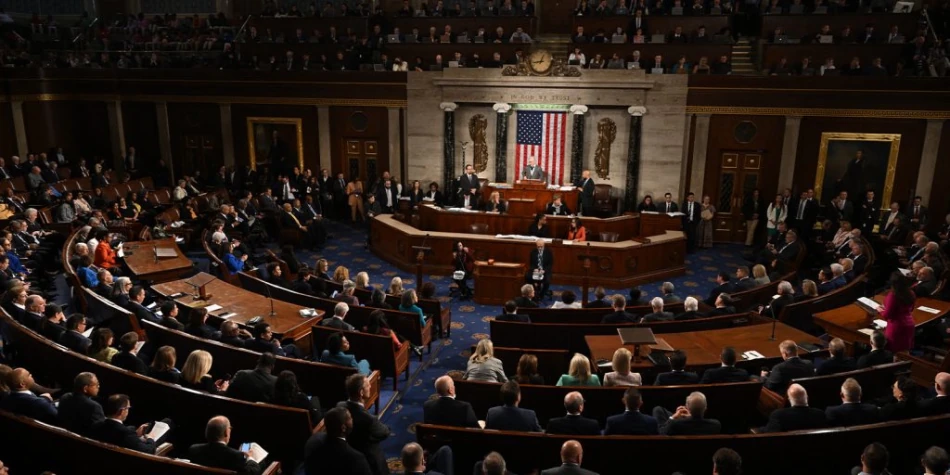
US Senate Votes to Repeal Caesar Act, Welcomed by Syria
The U.S. Senate voted Friday to repeal the Caesar Act sanctions against Syria, marking a potential turning point for the country's economic recovery after years of international isolation. Syria's new government welcomed the move as a crucial step toward rebuilding the war-torn nation.
Syrian Foreign Minister Asaad al-Shibani said his team had worked for months under President Ahmed al-Sharaa's direction to lift what he called "one of the heaviest burdens that shackled our homeland economically and politically." He described the repeal as giving Syria "its first breath" and opening "a new path toward construction and recovery."
The Caesar Act, passed by Congress in December 2019, imposed sweeping sanctions on Syrian officials and institutions accused of war crimes during Bashar al-Assad's rule. The law targeted anyone doing business with Syria in key sectors like energy, aviation, construction, and banking. It also hit companies and countries supporting Assad's government, including Iran and Russia.
But here's the thing - the Senate vote is just the first step. The House of Representatives still needs to approve the same provision through a joint committee process. Then President Trump would need to sign the defense budget containing the repeal before year-end for it to take effect.
Syrian Finance Minister Mohammed Yasr Barniya called the Senate action a success for Syrian diplomacy in removing "the harshest and most severe American sanctions imposed on the country." He outlined the remaining legislative steps needed to make the repeal official.
The law got its name from "Caesar," the code name for Farid al-Mazhan, a former Syrian military police photographer who defected in 2013. He smuggled out around 55,000 photos documenting torture and abuse in Syrian prisons, evidence that helped build the case for sanctions.
For investors and regional markets, lifting these sanctions could mean new opportunities in Syrian reconstruction. The country needs massive investment to rebuild infrastructure destroyed during more than a decade of civil war. Energy companies, construction firms, and financial institutions have been largely blocked from Syrian markets since 2020.
The timing reflects broader shifts in Middle Eastern politics following Assad's recent fall from power. Syria's new leadership is working to gain international legitimacy and attract the foreign investment needed for economic recovery. Removing U.S. sanctions would be a major step toward rejoining the global economy.
Most Viewed News

 Sara Khaled
Sara Khaled






